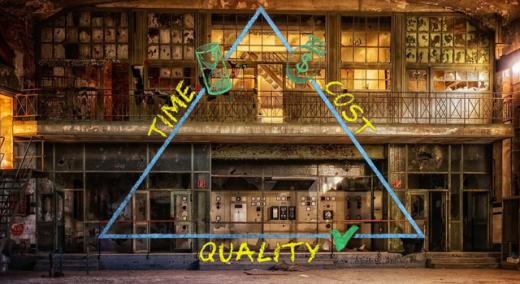Operations management plays an important role in the manufacturing process, but similar to a stage crew at a theater, operations managers do all their best work behind the scenes. The best operations managers strive to go unnoticed, and why shouldn’t they? A seamless supply-chain process should require little to no attention from customers.
|
ADVERTISEMENT |
But recent tariffs are jolting operations. NAFTA changes, along with tariffs on Chinese imports, are forcing operations managers to step out on center stage. New tariffs on materials like steel and aluminum as well as electronic components could mean disruption in the supply chain process, and operations managers have to work diligently to mitigate any hiccups that crop up for the company and its customers alike. Certainly costs are going to increase somewhere, so companies have to decide whether they’re going to absorb them or pass them along to their customers, both of which are less than ideal options.
…

Comments
Rising Tariffs
Thanks for your article Bill! The problem is that people are so focused on the tariffs and not the real benefits. Imagine being forced to make stuff in the US at a fair price and being able to create more good paying jobs as a result of it. Have we not given enough money to the Chinese? Every time you go to the store, you make a choice to buy something made outside the US. Do you really need it or do you consider what you are doing to the US economy. I wonder how many jobs we would create and the economy that we could have if we made it in the US. Imagine the benefits and stop being one of those who sees the worse that can happen when we even the playing field. Do we really need to make China bigger and stronger?
Thanks for your comment!
Thanks for your comment! I see your point, and this topic is something I know many others are considering as well. It's always important to support US manufacturing as often as you can, but we know the global market is competitive and won't always turn out in the US's favor. One positive aspect I do see coming from this challenge is that it will push for innovation in manufacturing. For example, the labor shortage is driving advancements in automation. Manufacturers are adopting new technology to stay ahead of the labor shortage, and they're seeing cost benefits and improved efficiency. I'm sure manufacturers will follow a similar path in response to the trade war. Of course, these changes won't be made overnight, but hopefully, we'll see a better US manufacturing industry come out of the situation.
Add new comment